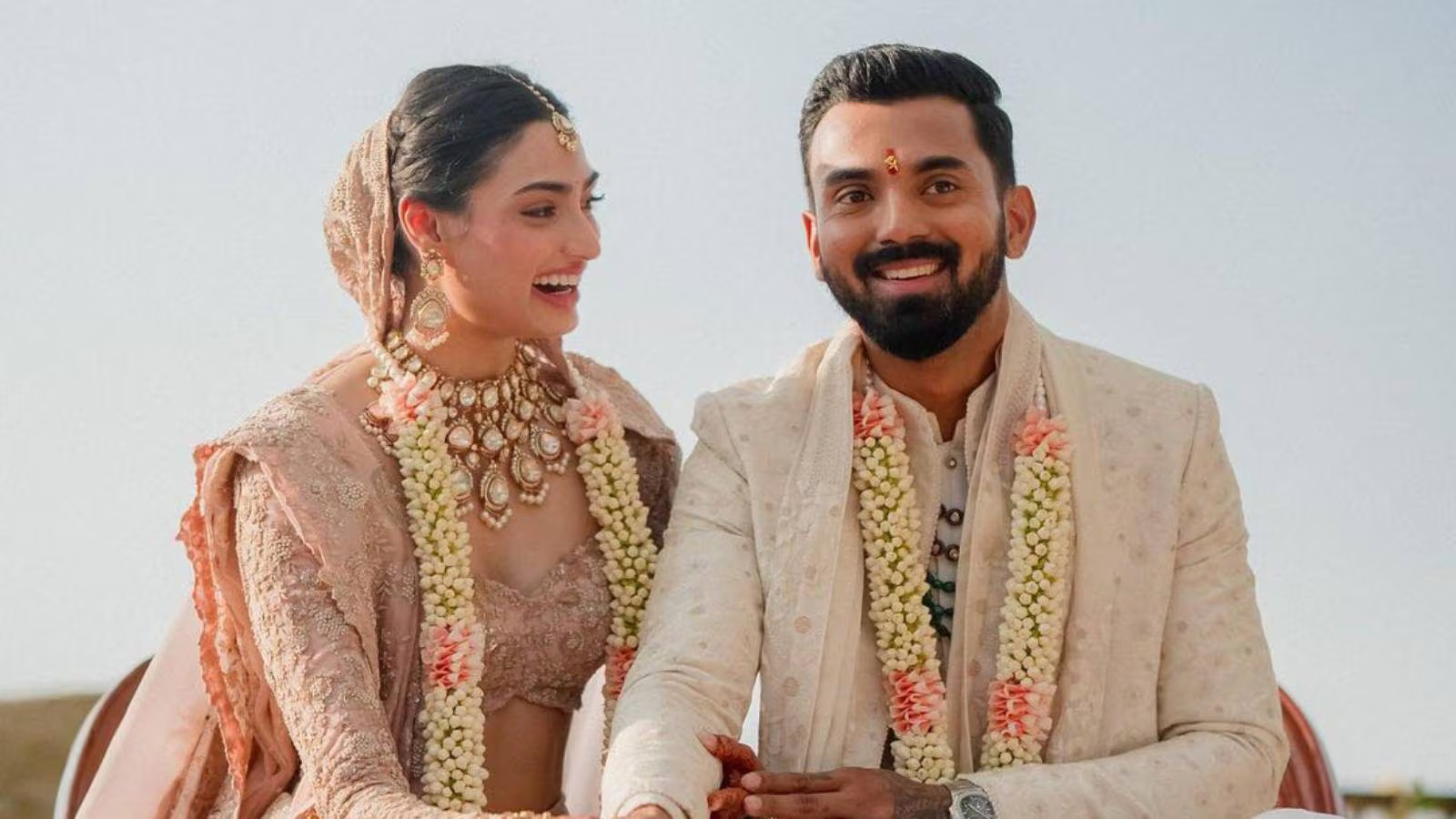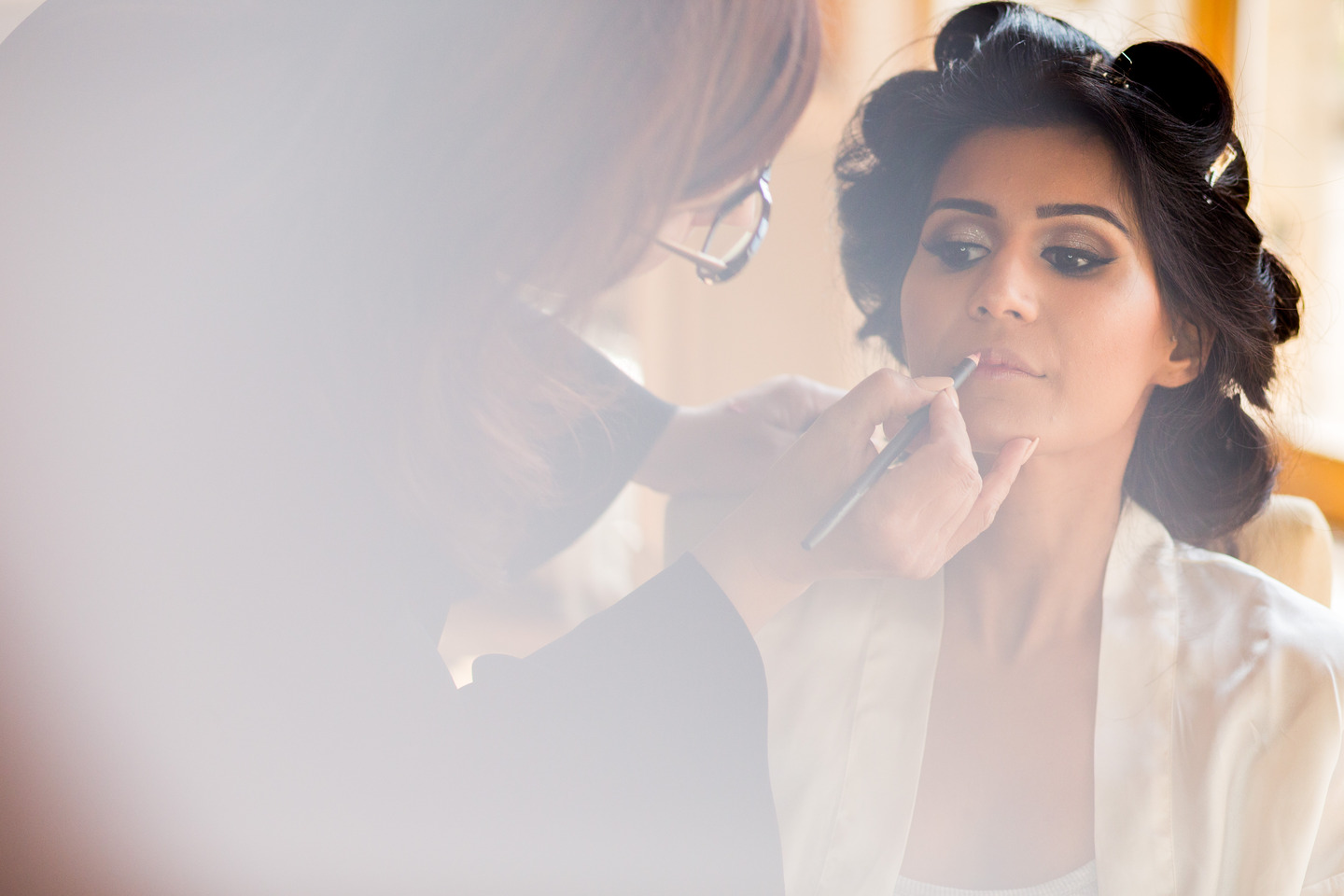There is something almost imperceptible about how love changes us. It doesn’t arrive like thunder or declare itself with fanfare. It sneaks in quietly, through the way we begin to say “good night” instead of “bye”, through the recipe we learn from scratch just because someone we love likes it, or through the calm we find in conversations that once made us defensive. We often expect change to be dramatic. But in love, transformation often wears the clothes of the mundane. A softened tone, a pause before a sharp word, a willingness to share the last bite, or the newfound habit of making two cups of chai in the morning instead of one. Love is rarely just a feeling; it’s an act, it’s repetition, it’s presence. It’s the hundreds of tiny ways we become a little less of what we were and a little more of what we’re meant to be. And often, we don’t even realise we’ve changed until someone else points it out, or until we find ourselves doing something we swore we’d never do.
Have you ever found yourself becoming more patient because your partner moves at a slower pace than you? Or more expressive because they love loud, clear words and need the same in return? Have you discovered strength in yourself that you didn’t know existed because you needed someone to lean on? Or vulnerability, because for the first time, you felt safe enough to show your unguarded self? This is what love does. It expands you. Quietly, consistently, sometimes painfully, and yet beautifully.
Take Deepika Padukone and Ranveer Singh, for instance. At first glance, they seem like polar opposites: she’s composed, elegant, with a reserved demeanour; he’s flamboyant, energetic, and constantly expressive, but love created space for both of them to soften and grow. Deepika has spoken openly about how Ranveer gave her emotional safety. “He created a safe space where I could be vulnerable and communicate, especially when I didn’t know how to express what I was feeling.” In return, Ranveer has said, “She inspires me to be the best man I can possibly be. She makes my life worth living.” Real change, the kind that comes from love, is not a compromise of who you are; it’s an expansion of who you could be.
We often mistake change in relationships as loss, as giving up pieces of ourselves. But what if it is not loss but refinement? What is love, real love, isn’t about becoming someone else but about becoming more you? Relationships hold up a mirror to who we are. They nudge us toward self-reflection. They ask uncomfortable questions: Can you apologise sincerely? Can you fight without humiliating? Can you stay silent when needed and speak up when it matters?
Shah Rukh Khan and Gauri Khan’s enduring partnership is one rooted in mutual adjustment and deep understanding. They have been through every phase: before fame, during its peak, and well after. SRK has acknowledged how Gauri navigated the chaos of his rising stardom. “She sat on her second night in Mumbai in Film City’s makeup room… damp and dingy… She sat there till morning and came back.” Love, for them, was never about grand gestures; it was built in moments like that. Staying. Waiting. Adapting.
And yet, it’s not always easy. Love requires work. It demands evolution. It forces you to sit with the discomfort of realising you might be wrong. Or rigid. Or scared. And it gives you the gentle push to try again—to get it right this time. Some relationships make you speak more softly. Others challenge you to speak louder. The best ones teach you to do both—to choose silence wisely and raise your voice meaningfully.
Twinkle Khanna and Akshay Kumar exemplify a playful, honest love that thrives on mutual growth. Twinkle, with her razor-sharp wit, once joked that Akshay acts like her personal editor: “He decides what should be removed because he is Salman Rushdie and I am what… Chetan Bhagat?” But behind the humour lies a profound truth: they’ve changed each other. Akshay has admitted, “Twinkle came into my life, and everything changed.” There’s no resentment in that. Just the quiet acknowledgement that love, if done right, alters your very DNA. Do you remember the last time you changed for someone, not because they asked, but because you wanted to?
Maybe you started setting boundaries or stopped being afraid of being “too much.” Maybe you began saying “I love you” first, or finally learned how to cook your dadi’s butter chicken recipe because they liked it. Love makes us brave, but it also makes us gentle. It allows us to hold space for another person’s dreams, even when they don’t make sense. It teaches us to pick our battles, to forgive quickly, and to stay when every instinct tells us to flee.
Anushka Sharma and Virat Kohli are an example of this tender recalibration. Virat has said, “She’s helped me become a better man.” He credits her with grounding him, with bringing a sense of calm he didn’t have before. Anushka, too, has spoken of his quiet strength and integrity. Their love is proof that two strong individuals can build something even stronger together without losing themselves. But not all love transforms us for the better. Some love exposes our deepest wounds, our sharpest edges; it can hurt, but even that hurt has purpose. It shows us what we need to heal. What we can no longer tolerate. Who we do not want to become again.
Think back. Have you learned how to stand up for yourself because someone else didn’t? Did you begin to articulate your needs after a relationship where you weren’t heard? Did you learn to love yourself again? Every person we love becomes a teacher. Some teach us gentleness. Others teach us boundaries. Some show us who we are when we are loved well. Others show us who we are when we are not.
And even after love ends, the lessons remain. You might cook that boasts the way they liked, still listen to that song, and it is okay. Because love, even in its absence, leaves traces of change, and often, it is the aftermath that reveals just how much we have grown. So let’s ask ourselves:
- Who have I become through love?
- Have I learned to be more patient? More expressive or more forgiving?
- Have I started fighting fairer or stopped fighting altogether?
- Do I love better now than I did five years ago?
- Have I become someone I’d want to fall in love with?
The most profound love stories are not the ones that end in fireworks, but the ones that change who we are, quietly and irrevocably. The ones where two people choose each other, and themselves, every single day. Love is not just something that happens to us. It is something we build. Something we practice. And in that practice, we find ourselves transformed. So if love has made you softer, kinder, more patient, or even a better cook, celebrate that. If love has taught you to walk away from what doesn’t serve you, celebrate that, too.
Because every version of you that you love has helped shape, whether through joy or heartbreak, a more complete, more knowing version. And if you’re still becoming? If you’re still changing? That is the best part.













